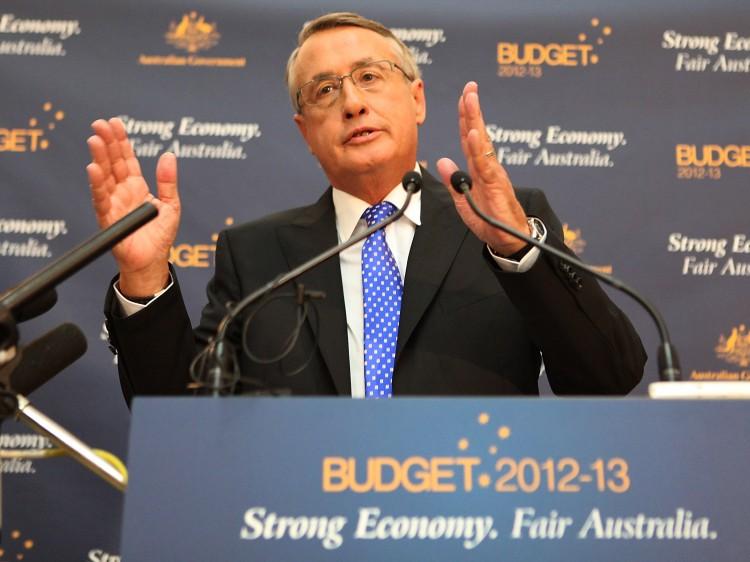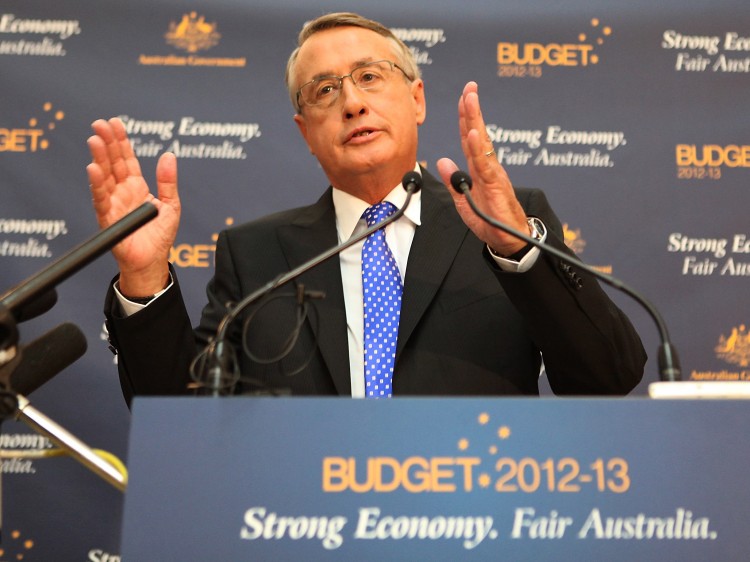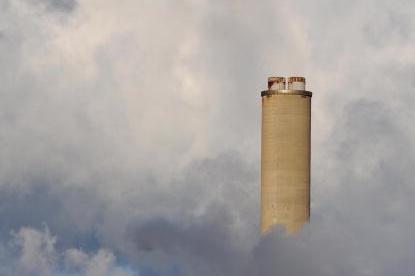Wayne Swan’s 2012-13 Budget has achieved the biggest fiscal turnaround for over half a century—turning the $44.4 billion deficit upside-down into a slender surplus of $1.5 billion, seemingly all without the expected pain and suffering.
That is not to say the $45.9bn (3.1 per cent of GDP) materialised from thin air—cuts and sacrifices were made, albeit flying under the radar of most people. Savings totalling a whopping $33.6bn were made.
The defence budget bore the largest weight, copping a $5.5bn budget cut over the next four years. Other savings included scrapping plans to cut company tax by 1 per cent and deferring the scheduled increase in foreign aid. These 3 measures alone produced $13.2bn in savings—all of which probably are unlikely to create a lot of fuss.
High-income earners are likely to create most of the commotion. The super of those earning more than $300,000 a year will now be taxed at double the rate at 30 per cent. Foreign executives will face tighter tax laws. And the private health insurance rebate will now involve a means-test for singles earning more than $83,000 and families earning more than $166,000. Sure enough, this won’t help Labor’s already weak voter base in the high income demographic, but it'll save over $3.4bn, which will prove clinical when the real budget figures come out in September 2013.






